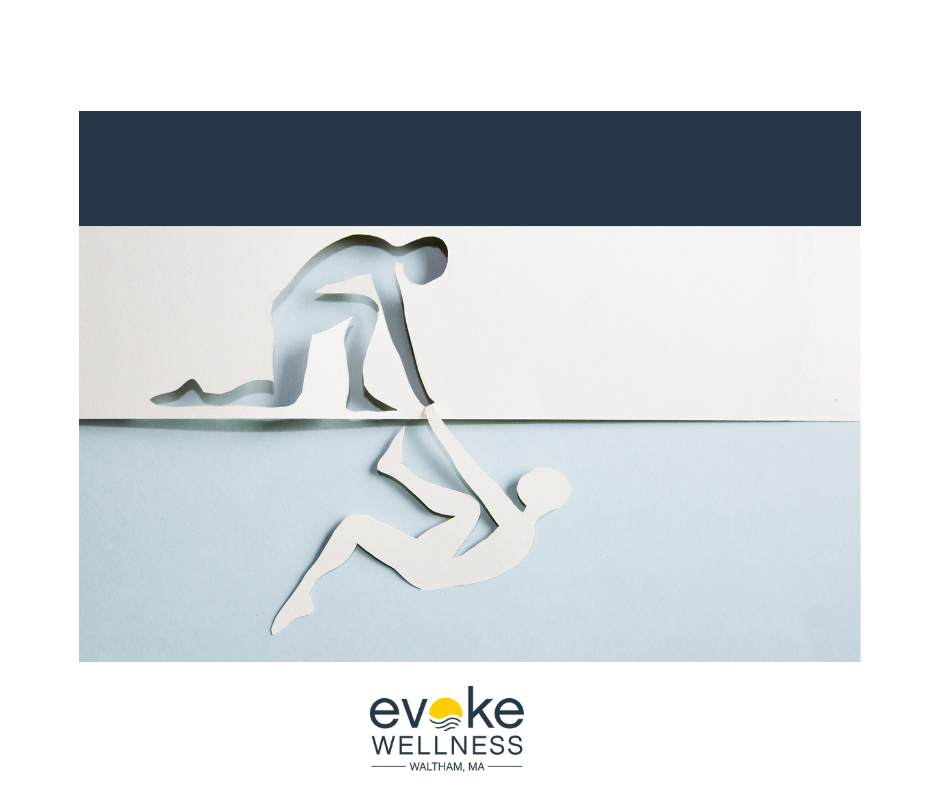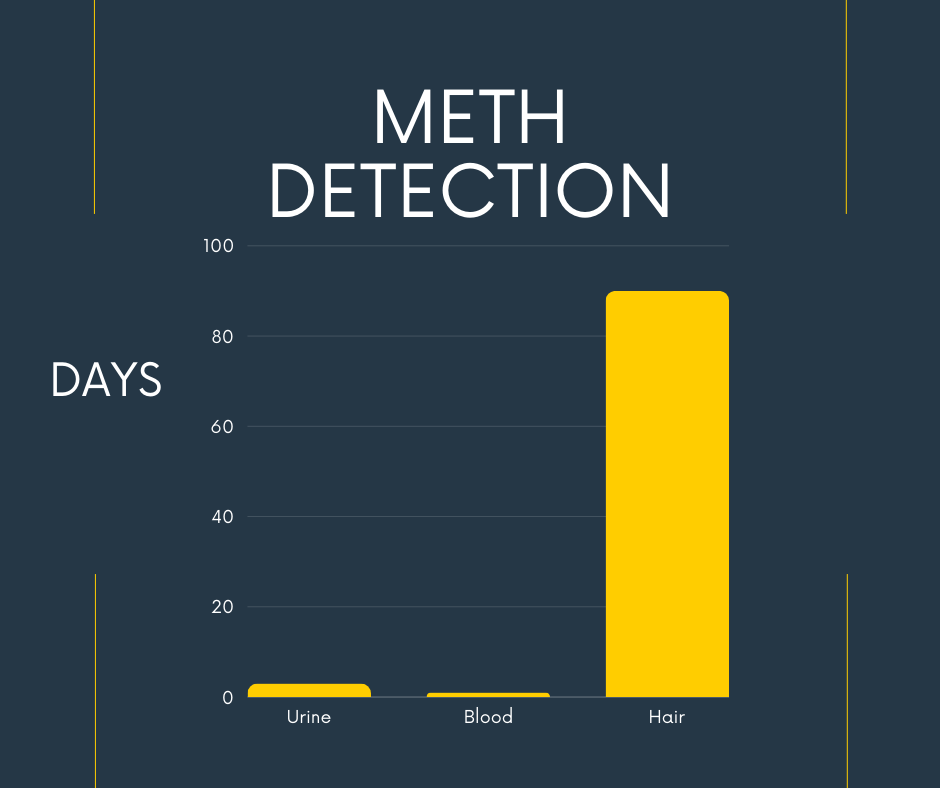You woke up one day and realized you have a serious meth addiction. This dangerous stimulant has taken over your life, health, and relationships. Now you desperately want to break free but don’t know where to start. Take a deep breath. Recovery is possible if you commit to treatment and aftercare. This article provides solutions by outlining researched therapy options and timelines for meth detox. Discover tested techniques to reclaim your life. The road ahead may be difficult, but each step leads closer to the healthy, happy future you deserve. Equip yourself with knowledge to overcome this addiction. A peaceful mind and strong spirit await you. Together, let’s embrace the journey to recovery and the promise of a new beginning. Call us at (833)-287-7223 today or reach out online.
What Is Methamphetamine?
Methamphetamine, commonly known as meth, is a powerful and highly addictive synthetic stimulant drug. It produces an intense rush of euphoria and increased energy, along with other adverse effects.
A Dangerous Stimulant
- Boosts dopamine levels in the brain
- Causes dangerously high body temperatures
- Can lead to convulsions, stroke, or fatal overdose
Lasting Impacts
Chronic meth use can have devastating mental and physical consequences, including:
- Severe dental problems (“meth mouth”)
- Intense itching, leading to skin sores
- Anxiety, confusion, and insomnia
- Paranoia, hallucinations, and delusions
Treating Meth Addiction
Overcoming meth addiction requires comprehensive, evidence-based treatment, often utilizing:
- Cognitive-behavioral therapy (CBT)
- Dialectical- behavior therapy
- EMDR therapy
- Medication for co-occurring mental health issues
- Long-term aftercare and sober living support
Seeking professional help from an accredited addiction treatment program offers the best chance for lasting recovery.
How Long Does Meth Stay in Your System?
Half-Life & Detection Windows
- Elimination half-life: 9-24 hours
- Urine: Up to 3-5 days
- Blood: 1-3 days
- Hair: Up to 90 days
Factors Affecting Duration
- Dosage amount and frequency
- Metabolism and body composition
- Chronic use or acute exposure
- Presence of adulterants
Health Risks & Side Effects
- Cardiovascular problems
- Psychosis and violent behavior
- Severe dental issues (“meth mouth”)
- Malnutrition and weight loss
Treatment Options
- Meth addiction treatment program
- Cognitive-behavioral therapy (CBT)
- Dialectical behavior therapy
- EMDR therapy
- Rehab aftercare programs and sober living programs
Methamphetamine is a potent central nervous system stimulant. Its effects can last 6-8 hours, but metabolites persist much longer in the body. Understanding elimination rates helps guide appropriate testing windows and treatment timelines for recovery.
The Key Factors That Impact How Long Meth Stays in Your System
Dosage and Frequency
- Higher doses and chronic use increase detection time
- Binge patterns can prolong meth’s presence significantly
Metabolism and Body Composition
- Faster metabolism clears meth quicker from the system
- Higher body mass index can increase meth retention
Method of Ingestion
- Smoking or injecting leads to faster absorption and clearance
- Oral ingestion produces a slower release into the bloodstream
Age and Health Conditions
- Older adults metabolize drugs more slowly, increasing detection periods
- Liver or kidney impairment slows down the excretion process
Individual Genetic Factors
- Variations in enzymes and metabolism rates are highly individualized
- Ethnic backgrounds can influence how rapidly meth is eliminated
The combination of these elements significantly impacts detection windows in drug tests. Consulting addiction professionals ensures an accurate understanding for each unique case.
How Long Can Meth Be Detected on a Drug Test?
The detection window for methamphetamine depends on several factors, including the drug testing method used, your metabolism rate, and the amount/frequency of use. Typically:
- Urine Test: Meth can be detected in urine for 1-4 days after last use for occasional users. For heavy, chronic users, it may be detectable for up to 1 week.
- Blood Test: Meth is detectable in blood for 1-2 days after the last use.
- Hair Follicle Test: Meth and its metabolites can be detected in hair for up to 90 days after last use. This tests for long-term patterns rather than recent use.
- Saliva Test: Meth can usually be detected in oral fluid for 1-4 days after use.
The timeframes are just estimates – many variables impact how long meth stays in your system. To ensure you test negative, the only way is to stop using meth entirely and seek professional help through an accredited meth addiction treatment program. Evoke Wellness offers comprehensive therapies like CBT, DBT, and EMDR to overcome substance abuse and co-occurring disorders.
Getting Treatment for Meth Addiction
Seeking professional help is crucial for overcoming methamphetamine addiction. A comprehensive meth addiction treatment program typically involves:
Detoxification
- Medically-supervised detox to manage withdrawal symptoms
- Medications to ease cravings and stabilize brain chemistry
Behavioral Therapies
- Cognitive-behavioral therapy (CBT) to modify destructive behaviors
- Dialectical behavior therapy for emotional regulation
- EMDR therapy to process traumatic memories
Ongoing Support
- Intensive outpatient rehab programs
- Sober living homes for transitional housing
- Aftercare services like 12-step addiction programs and alumni groups
With commitment and the right treatment approach, recovery from meth addiction is achievable. Trained professionals provide the tools to rebuild a healthy, substance-free life.
FAQ: How Long Does Meth Stay in Your System?
Methamphetamine is a highly addictive stimulant that can linger in the body for several days after last use. The specific detection window depends on various factors:
Metabolism & Dosage
- Higher doses or chronic use extends detection time
- Metabolic rate impacts elimination speed
Drug Testing Method
- Urine tests detect meth for 3-5 days
- Blood tests show use for 1-2 days
- Hair follicle tests can detect meth for up to 90 days
Individual Factors
- Age, weight, and health status influence processing time
- Genetics play a role in metabolizing meth
Despite this variation, meth typically clears the system within 1-2 weeks after discontinuing use. However, cognitive and emotional effects can persist for months. Professional addiction treatment utilizing therapies like CBT, DBT, and EMDR is recommended for full recovery. Sober living and aftercare extend the benefits of inpatient rehab.
Conclusion
You now have a better understanding of how long meth stays in your system and what factors influence detection times. Going forward, avoid meth to prevent addiction. If struggling with use, professional treatment provides hope. Evidence-based options like cognitive-behavioral therapy equip you with skills to stop meth and maintain sobriety. Aftercare support further reinforces recovery. Don’t lose hope; with commitment and support, you can overcome meth addiction. Your journey to healing starts today.
Begin Your Journey with Evoke Wellness at Waltham
If you or a loved one is considering outpatient treatment, Evoke Wellness at Waltham invites you to contact us. Our compassionate team is ready to answer your questions, discuss your needs, and help you take the first steps toward recovery. At Evoke Wellness, you will find more than just a treatment program – you’ll discover a community dedicated to your wellness and success. Together, let’s embrace the journey to recovery and the promise of a new beginning. Call us at (833)-287-7223 today or reach out online.



